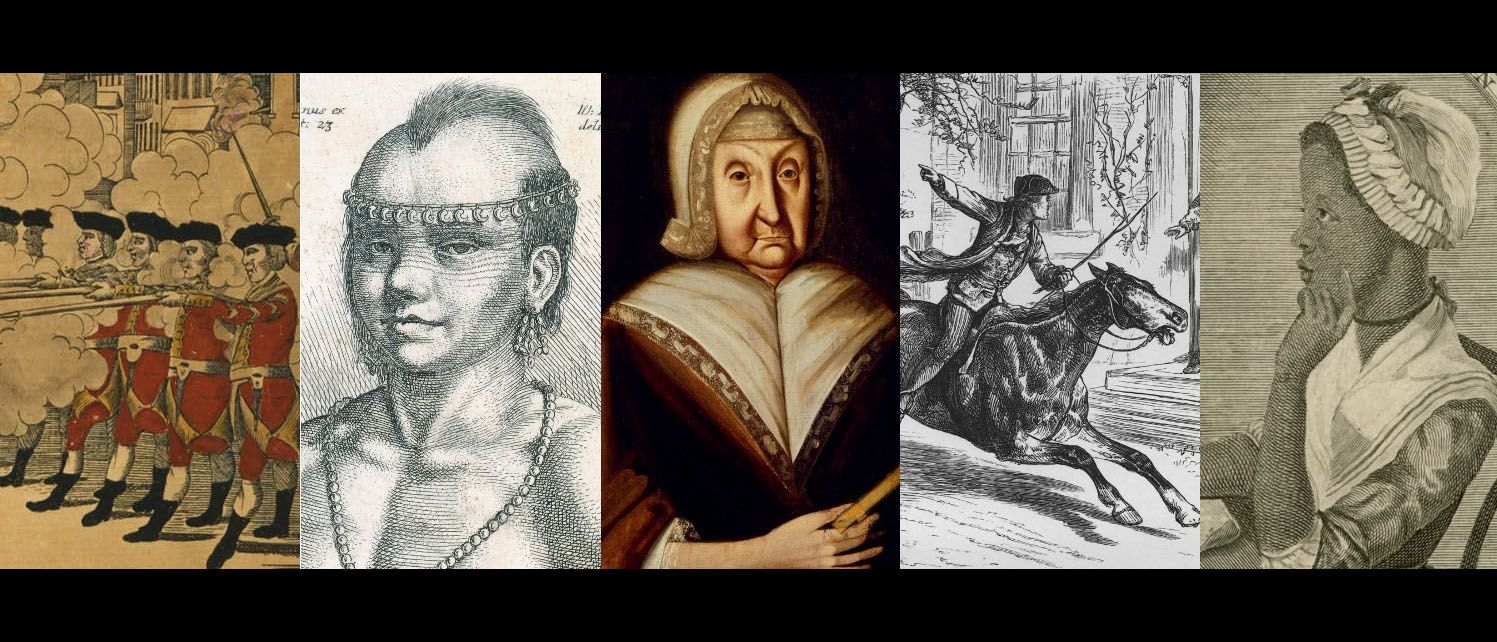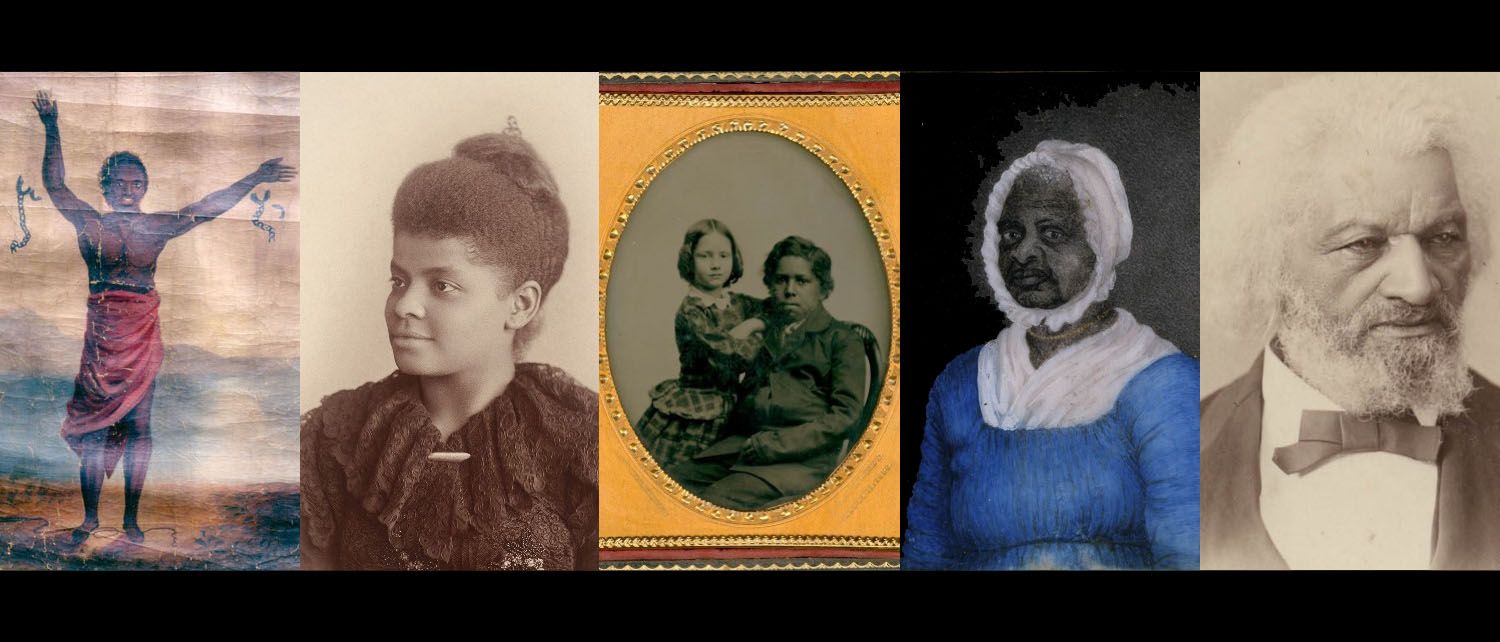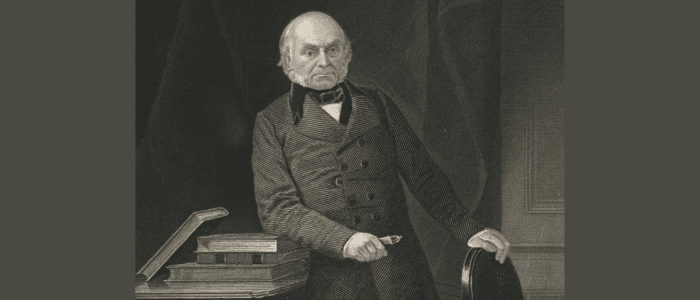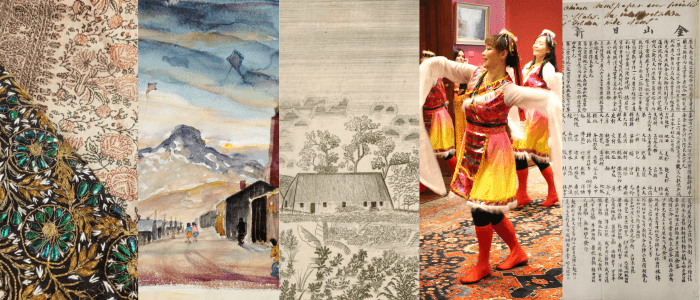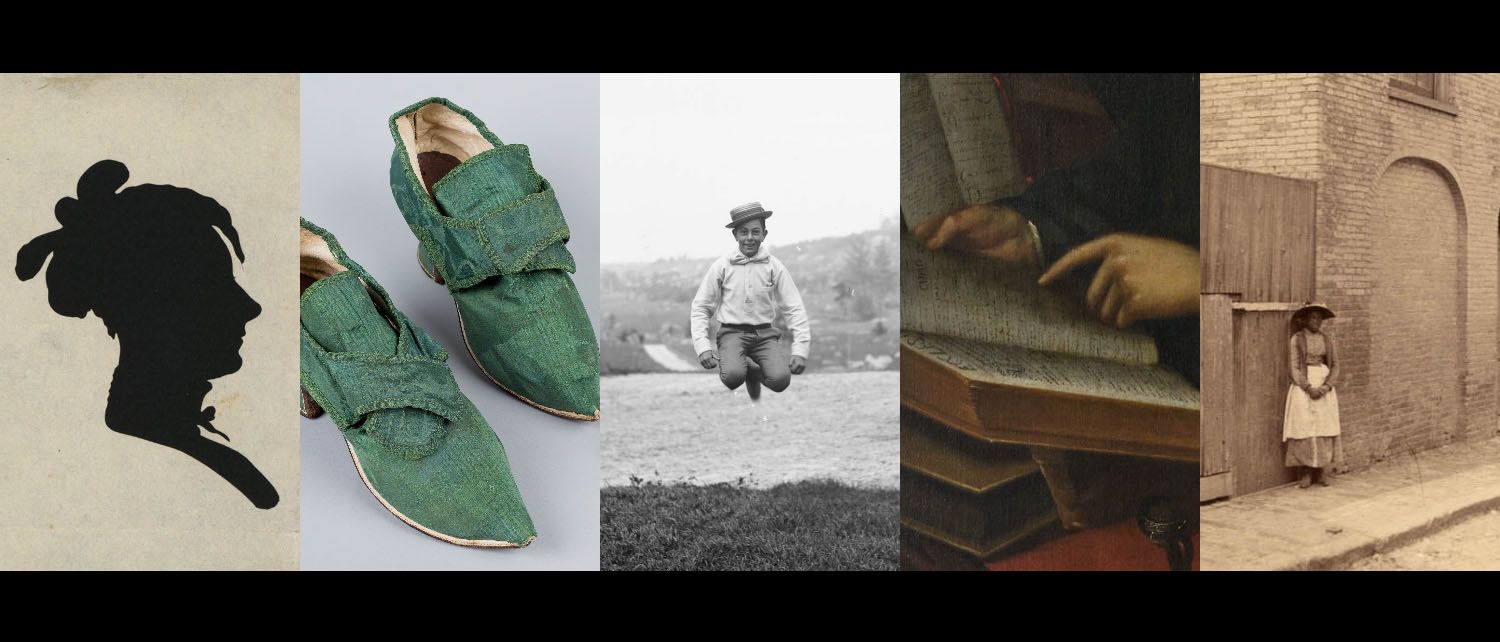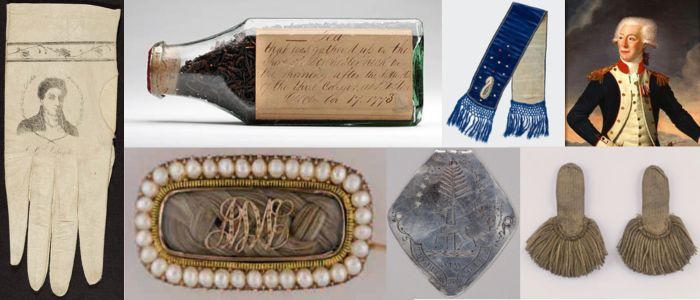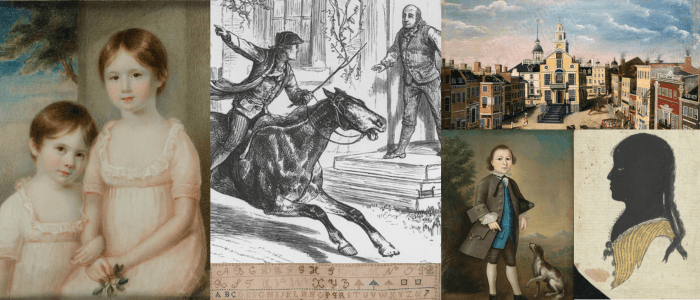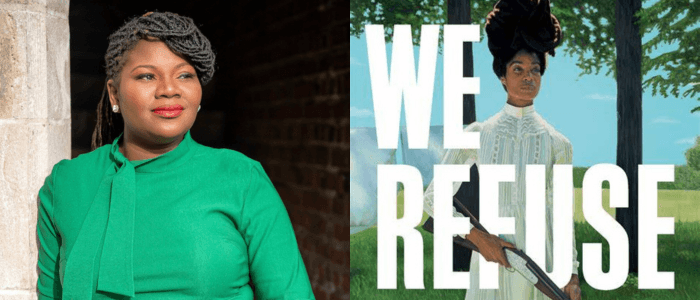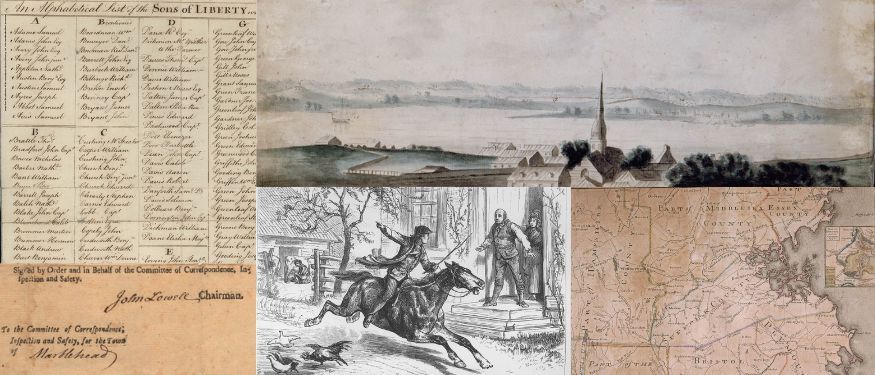Event

This Land is Your Land Series: Public Land
Ethan Carr, UMass Amherst; Alan Banks, National Parks Service; Sean Fisher and Karl Haglund, Massachusetts Department of Conservation and Recreation; moderated by Keith Morgan
There is a $10 per person fee (no charge for MHS Fellows and Members or EBT cardholders).
Massachusetts has undertaken large scale preservation of open space by government entities. The Boston Public Garden, the Emerald Necklace, the first American public beach in Revere, the banks of the Charles River, and a network of state forests were all significant contributions to keeping open land available to the public. Were these projects pioneering? Have they shaped national discussions? Are similar projects possible today or will projects like the Community Preservation Act offer equivalent impacts?
MHS is proud to partner with the Trustees of Reservations, the Department of Conservation and Recreation, Mount Auburn Cemetery, the Emerald Necklace Conservancy, and the Norman B. Leventhal Map Center to plan this programming.
This program is supported by the Barr Foundation.
There will be a pre-talk reception at 5:30.
